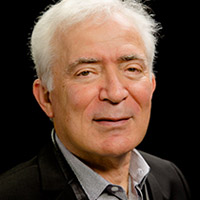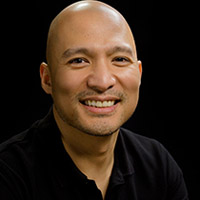An Artistic Way to Pay Your Taxes

Many wealthy individuals enjoy collecting things, including artwork. While artwork can be a source of income for some, as well as solely a collectible for others, it can’t be used it to pay your taxes. Well, at least not in the United States, anyways. However, there are some countries in which artwork is a completely acceptable way to pay your taxes.
In the United Kingdom, for example, between the years 2009 and 2013 alone, taxpayers used £124.5 million worth of art to reduce their tax bill. UK citizens can even get the full fair market value off their art without having to sale it. Plus they don’t have to pay taxes on any gain. The program used to be mainly for estate taxes, but since 2013 residents of the UK can use it to settle their unpaid taxes.
Meantime, in Mexico, the art-for-taxes program is even sweeter, especially for artists, who can actually donate their works instead of paying taxes. The program allows artists to donate the same amount of artwork as the value of the pieces they sell each year. It not only encourages talented artists to continue creating, but it has also helped the country accumulate a large and valuable collection of some the country’s most recognized artists.
Although this program seems to work well in these countries there is no such program in the U.S. However, for professional artists in the U.S. there are many tax deductions available, which can help reduce their tax bill. So although artists and collectors might not be able to pay the IRS in paintings and sculptors, with the right tax planning help from GROCO they can still come out ahead.
Building a Jewelry Company | Stephen Silver
About Stephen Silver Stephen Silver Fine Jewelry is considered one of the United States’ premier jewelry houses. Founder, Stephen Silver, is a gemologist, artist, and philanthropist. Toronto born, Stephen moved to the San Francisco Bay Area as a teenager. Intrigued by science and minerals from a young age, Silver studied geology at San Diego…
Rising from Rubble to Build an Empire | Jerry Brenholtz
About Jerry Brenholtz Jerry Brenholz co-founded ATR International, Inc. in 1988. He has been instrumental in developing ATR into an important provider of contract staffing for Information Technology. In his current role, he is responsible for establishing a corporate-wide vision and defining strategic direction. Prior to ATR, Jerry held various technical positions with General…
Serial Entrepreneur | Aldo Carrascoso
About Aldo Carrascoso Aldo Carrascosois the Founder and COO / CTO of Veem, a company that utilizes Blockchain to allow individuals to make cross border payments in local currencies. The company was conceptualized by Aldo when learned that individuals making cross border payments were having to pay up to 25% of the transfer amount…
Turning Tragedy into Positive Experiences | Gerald Carroll
About Gerald Carroll Gerald Carroll is a partner with Burnham Brown law firm in their Oakland office. He specializes in Construction and Professional Liability Law. Prior to coming to Burnham Brown, Jerry along with his partner ran their own law practice, Hartman and Carroll for 20 years. Jerry graduated with honors in English from…




